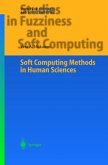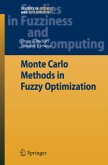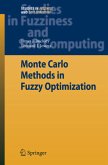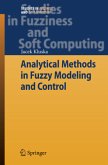A main topic in welfare economics is the rational behaviour of a consumer when, faced with various prices and incomes, he has to make a choice. The theory of consumption establishes the framework in which the rationality of consumers is de?ned and the principle on which it is based. By [109], "the rationality of a consumer may be described by postulating that a consumer has a de?nite preference over all conceivable commodity bundles and that he chooses those commodity bundles that are optimal with respect to his preference subject to budgetary constraints". Samuelson's theory of revealed preference expresses the rationality of a consumer in terms of some preference relation associated with a demand fu- tion. The foundation of this theory is built on The Weak Axiom of Consumer Behavior [87] and on The Strong Axiom of Consumer Behavior [63]. The s- ond axiom assures that the demand function can be reconstructed from a revealed preference relation. To make a rational choice is a more general problem that goes beyond the theme of consumer. In economics, social life, medicine, psychology, etc. there are several cases when an agent has to make rational decisions. For instance, when the members of a society vote di?erent candidates in an election, a plausible hypothesis is that, having a desideratum, each of them is rational in the act of choice.
From the reviews: "This book, based on the author's PhD thesis, is an excellent extension of the revealed preference theory to the fuzzy case where preference and choice are fuzzy. ... is basically a mathematic text, it is highly recommended to choice theorists and to specialists in fuzzy mathematics. Choice theorists will discover the interest of using fuzziness to deal with a more realist universe and mathematicians working on fuzziness will see how fuzzy mathematics can be used in a highly theoretical part of social science." (Maurice Salles, Zentralblatt MATH, Vol. 1130 (8), 2008)








